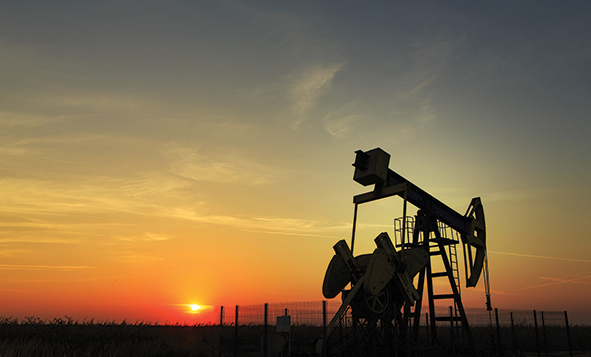Experienced Investor
Sliding oil price: Winners and losers

As the oil price slides below $90 a barrel, who is likely to benefit?
Why is the oil price low?
The oil price has fallen from a simple blend of supply and demand. Supply has gone up — the International Energy Agency has reported that production is rising and OPEC has yet to take any steps to reduce it. At the same time, demand has gone down, as the much vaunted global economic recovery has been slow to materialise.
The Eurozone in particular remains weak and recession-prone. Who is likely to suffer?
The oil companies are the first in the firing line: Sheridan Admans, investment research manager at The Share Centre, points out that BP experienced a 19 per cent drop in its quarterly profits, reported at the end of October, largely driven by the weaker oil price. He still has the stock as a buy, but admits that the lower oil price will continue to exert a drag on earnings.
The share prices of all the major oil producers have fallen significantly in recent weeks. If the oil price slide is prolonged, it could also exert a drag on economic growth in the big oil exporting countries. Russia is at the top of the tree, but places such as Canada or Mexico may also be hurt.
Who wins?
Almost everyone except the oil companies. Lower oil prices should, in theory at least, be passed onto consumers in cheaper fuel costs. Treasury Chief Secretary Danny Alexander has made it clear he will urge the petrol companies to ensure that lower oil prices are reflected in petrol prices. This means people get a little extra in their pockets every month, which should act to support the consumer economy. This is good news for consumer-dependent economies such as the UK, but gives a particular boost to the oil-hungry US.
In the short-term, a lower oil price will dampen inflation and therefore may help stave off a rise in interest rates. Azad Zangana, European Economist at Schroders, says: “The precipitous fall in the price of oil should help lower energy and fuel bills, which will boost the purchasing power of households; however, it could also take headline CPI inflation to below 1 per cent – the lower bound of the Bank of England’s target range for inflation.”
What should you do?
The oil price is an unpredictable beast, and making financial decisions based on whether it will rise or fall is a dangerous game. This might be the bottom, and time to buy back into the oil giants, but equally, there is plenty to suggest the oil price may have further to fall. It is probably best to sit tight and enjoy the extra pounds in your pocket.